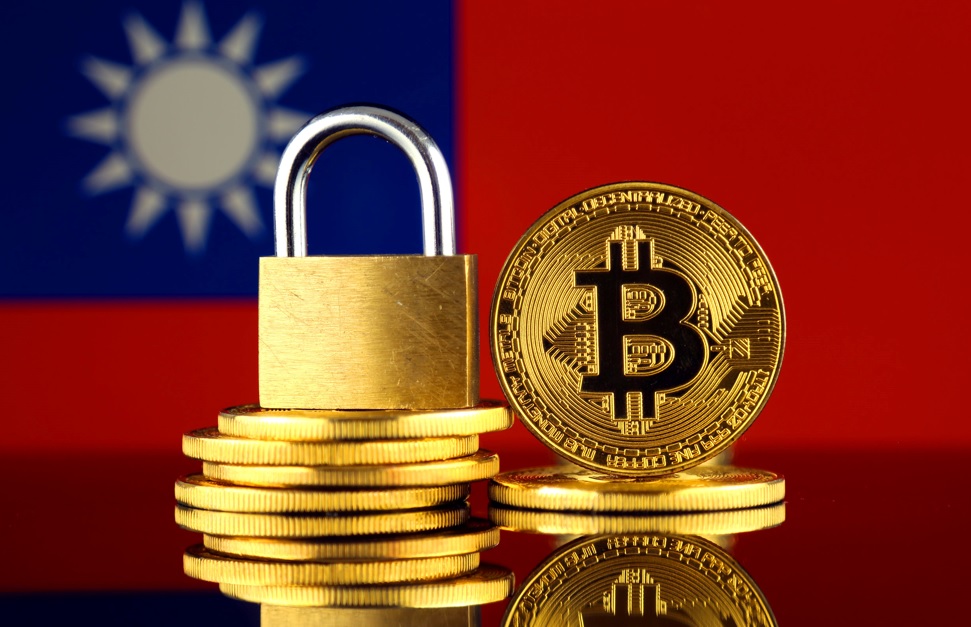
China’s ban on crypto activity presented destination opportunities for crypto initiatives, among them, Taiwan
Being a sector that Taiwan has for so long avoided as far as establishing the necessary regulations is concerned, Taiwan’s Ministry of Economic Affairs (MOEA) has now taken a route towards supervision and regulation. On Monday, the Taiwan government said that it is creating a framework for the regulation of cryptocurrencies and digital assets.
Reclassifying cryptocurrencies
The MOEA noted that with the changes set to come, cryptocurrencies in Taiwan will now be grouped as “virtual currency platforms and trading businesses” instead of their initial classification as “software design services.” The new framework has assigned the responsibility of oversight to the Financial Supervisory Commission (FSC) to ensure taxation and collaborate with the relevant legal departments in developing a governing set of rules for the crypto market in the Asian country.
The change in the regulatory setup means that both businesses and consumers participating in crypto-related activities will now have to subscribe to much stricter rules and policies. The shift couldn’t come at a better time given the run cryptocurrencies are enjoying and the mounting pressure from the political class in the country.
Earlier in the month, China Times reported that FSC Chairman Huang Tien-mu had met with major ministries and other government bodies in a discussion aimed at laying the necessary groundwork for regulation. Though at the time Tien-mu said his commission remained restricted to looking into security token offerings (STOs) and suspected money laundering cases, Taiwan now seems to be taking a more progressive approach on the matter.
Catching up with Singapore and other crypto havens
The country has played host to quite a number of crypto initiatives, and one could go as far as arguably labelling it a crypto haven. Over the last few years, crypto projects have set up shop in the country, with companies such as DeFi lending platforms Cream Finance and NAOS Finance launching in the country last year.
The main lingering question has been the lack of measures to manage the crypto sector by offering investor protection from potential loopholes. The country only started implementing Anti Money Laundering (AML) rules for crypto exchanges at the beginning of July. In addition, China’s expulsion of crypto activity meant that a crypto hub had been clashed, a void someone else needed to fill.
Taiwan has historically not been too hostile to digital assets hence why it was mooted as a viable destination for businesses that were leaving China. However, competing destinations such as Singapore hold one major advantage over Taiwan: much clearer regulations.

